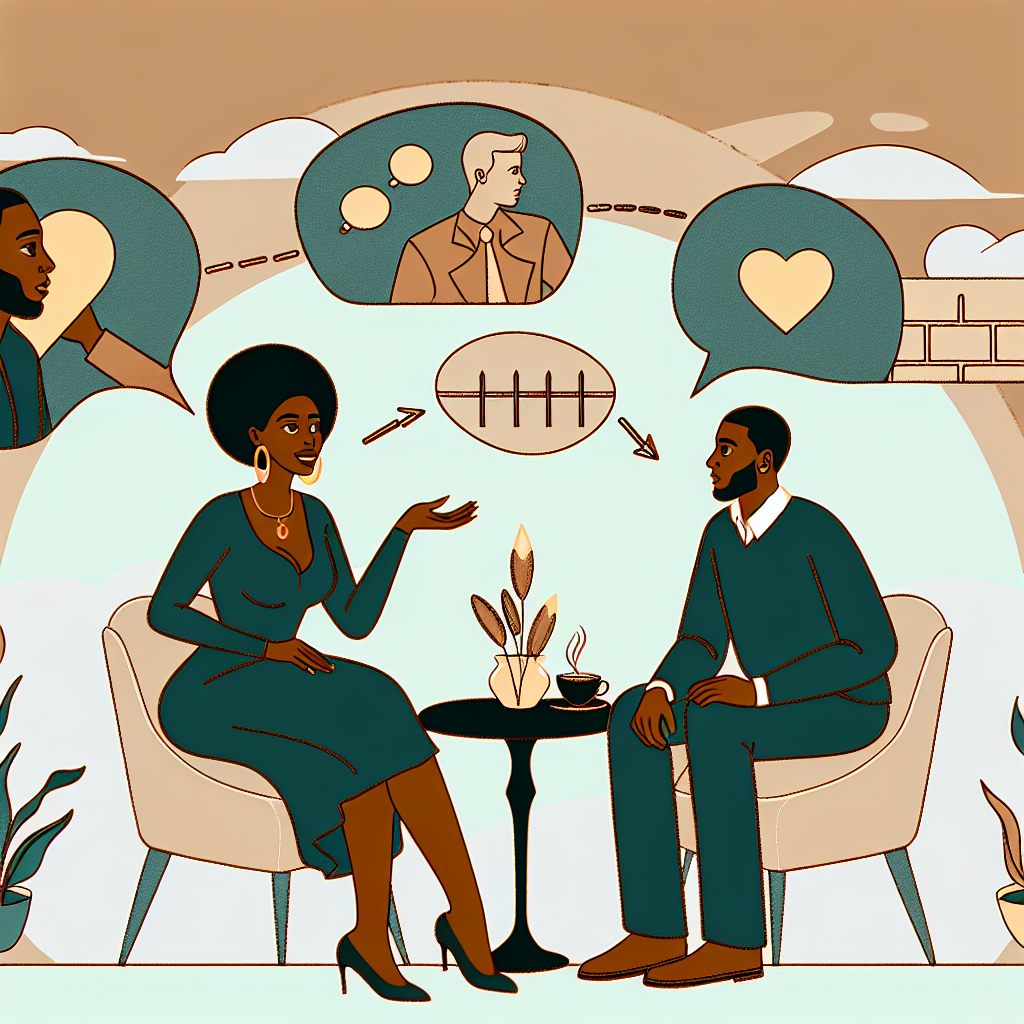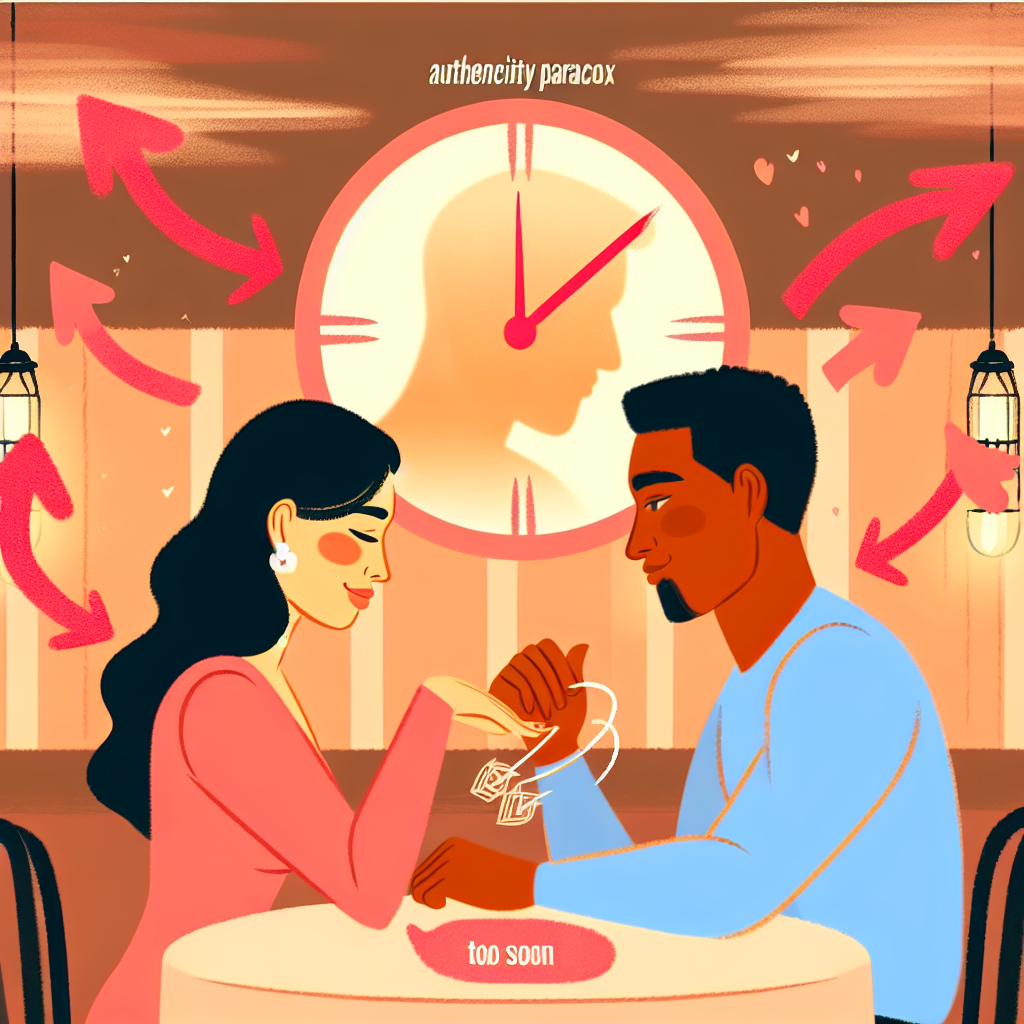The Pre-Date Investigation: Ethical Background Verification Methods for Dating Safety
Introduction: Romance Meets Reality – Why Pre-Date Checks Matter
In today’s modern dating world, where connection is just a swipe or message away, the quest for love is more accessible—yet more complex—than ever before. From dating apps to social media encounters, people are meeting potential partners rapidly and frequently.
As convenient as it is, this rise in digital matchmaking has opened the door to a growing safety concern, particularly when it comes to meeting strangers for the first time. A recent study by Pew Research Center revealed that nearly 60% of online daters are concerned about the truthfulness and authenticity of information shared by matches online.
As such, “pre-date investigation” has become a buzzworthy and fundamentally wise practice in the dating landscape.
Ethical background checks are no longer reserved for corporate hiring processes; they’ve made their way into love lives, serving as tools of protection rather than invasion. Whether you’re 18 or well into your 80s, safeguarding your emotional and physical wellbeing during the dating process is vital.
Consider this: a simple search before a date could potentially prevent encounters with individuals who carry histories of violence, financial fraud, or identity deception.
However, an essential component of modern dating safety is ensuring that any investigations are carried out ethically and respectfully. Mounting safety concerns have given rise to new technologies and services that allow people to verify the identity, employment, and even criminal history of their dates—legally and ethically.
Ethical background verification is not about being paranoid; it’s about being informed and empowered. Embracing this form of due diligence can increase confidence going into a date and potentially stop harmful situations before they begin.
With the surge in dating-related scams and catfishing incidents, especially among older adults, singles of all ages are finally recognizing the value in collecting accurate, relevant background information in advance.
Love in the Time of Scams: Data That Signals Caution
According to a 2021 report from the Federal Trade Commission (FTC), reported losses from romance scams reached an astonishing $547 million, with victims over the age of 60 accounting for the largest share of financial damages.
These statistics affirm the pressing need for due diligence in online dating pursuits. The necessity for background verification has become increasingly undeniable.
The Psychology of Safety: Why Knowing Is Empowering
Psychologists specializing in interpersonal relationships, such as Dr. Justin Lehmiller of the Kinsey Institute, support pre-date verification as a protective psychological measure.
In his research on modern attraction and dating dynamics, Dr. Lehmiller emphasizes that when individuals feel secure, they are more likely to form healthy connections. Unpredictability in a partner’s background can fuel anxiety, hindering emotional bonding.
Medical professionals echo similar sentiments. Dr. Gail Saltz—a psychiatrist and author—asserts that stress linked to unsafe dating environments can affect emotional and even physical health.
Worrying about your partner’s honesty during those early romantic stages can spike cortisol levels, influencing trust and decision-making. An ethical background check may alleviate these concerns and promote clearer thinking.
Ethical Tools for Truth: How to Investigate the Right Way
So, what ethical options are available for singles?
Enter Garbo—a nonprofit online platform that offers low-cost background checks, specifically designed to improve dating safety. Garbo screens public records for indicators such as violence, abuse, and fraud. Their minimalist, victim-centered approach is praised by platforms like Tinder and Match Group.
Aside from Garbo, many people use “open-source intelligence” to gather publicly available information legally. These can include:
– Social media scans (e.g., Facebook, Instagram)
– Google searches for public mentions
– LinkedIn profile check for employment and education verification
– State court databases that list civil and criminal case records
These tools are completely legal and fall within ethical boundaries when used carefully.
Setting Boundaries: What Makes a Background Check Ethical?
The key to conducting an ethical pre-date investigation lies in respecting privacy and consent. It’s vital to avoid:
– Hacking into private accounts
– Using paid spy apps or surveillance services
– Publishing or sharing private information without permission
Focus strictly on publicly accessible records and platforms. The goal is not to control or manipulate, but to ensure safety and clarity before moving forward.
Remember: laws like the Fair Credit Reporting Act (FCRA) exist to protect people from misuse of personal information. Don’t use gathered information to harass or intimidate anyone. An ethical investigation should empower—not endanger.
The New Age of Dating: Stay Safe Without Losing Faith in Love
In an increasingly digital and unpredictable dating environment, ethical background verification offers a crucial safety net for singles of all ages. By leaning on legal, respectful methods to screen potential partners, individuals empower themselves—fostering healthier relationships rooted in trust and transparency.
Remember: protecting your heart doesn’t mean abandoning hope—it simply means embracing awareness with wisdom.
Summary:
In today’s digital dating landscape, “pre-date investigation” has become a wise practice to ensure safety and authenticity. Ethical background verification methods, such as using public records and social media scans, can help singles of all ages verify a potential partner’s identity, employment, and criminal history before meeting in person. This approach is supported by psychologists and medical professionals, who emphasize the importance of feeling secure in forming healthy relationships. By respecting privacy and consent, singles can leverage these tools to empower themselves without jeopardizing their faith in love.

Dominic E. is a passionate filmmaker navigating the exciting intersection of art and science. By day, he delves into the complexities of the human body as a full-time medical writer, meticulously translating intricate medical concepts into accessible and engaging narratives. By night, he explores the boundless realm of cinematic storytelling, crafting narratives that evoke emotion and challenge perspectives. Film Student and Full-time Medical Writer for ContentVendor.com




